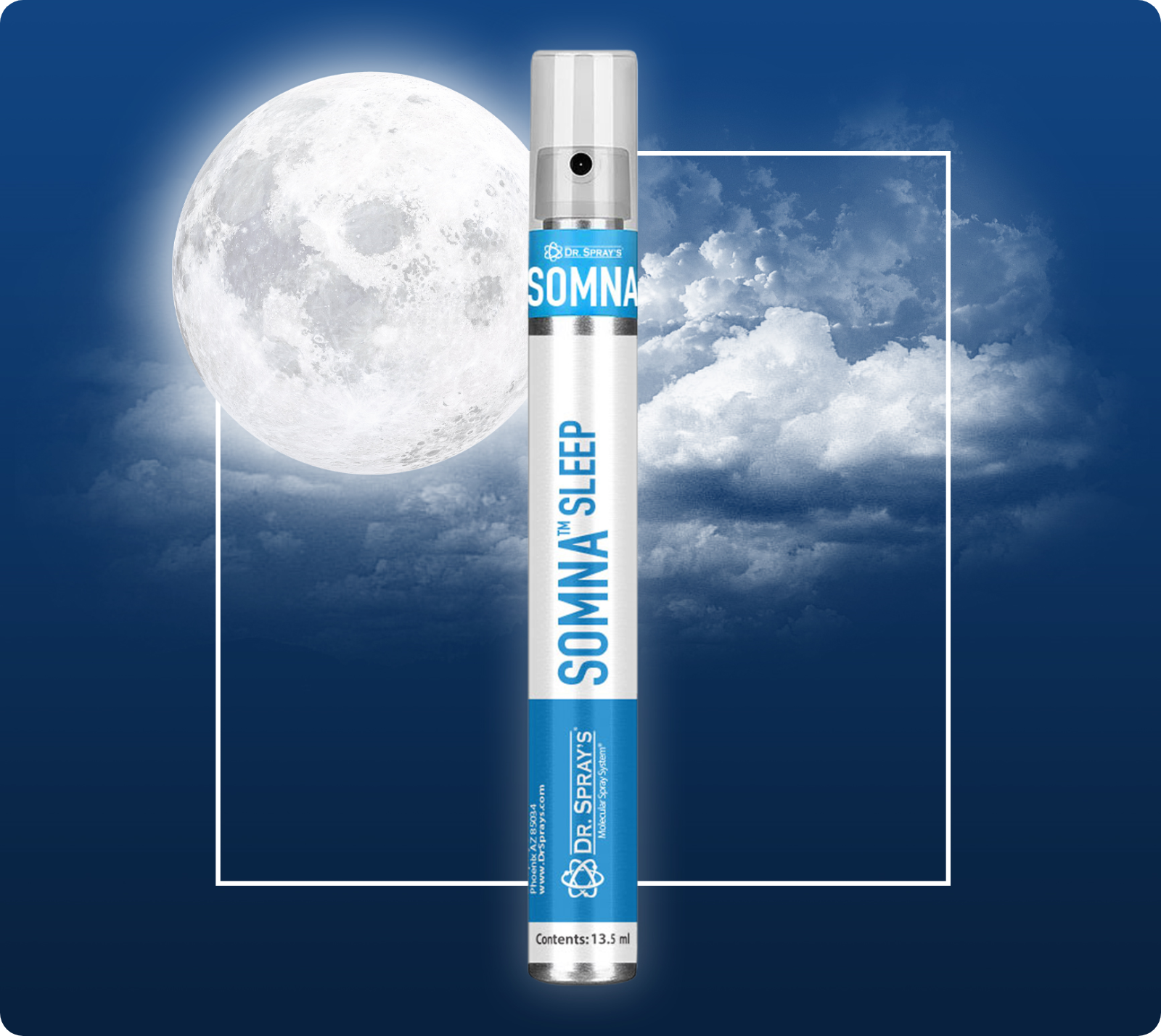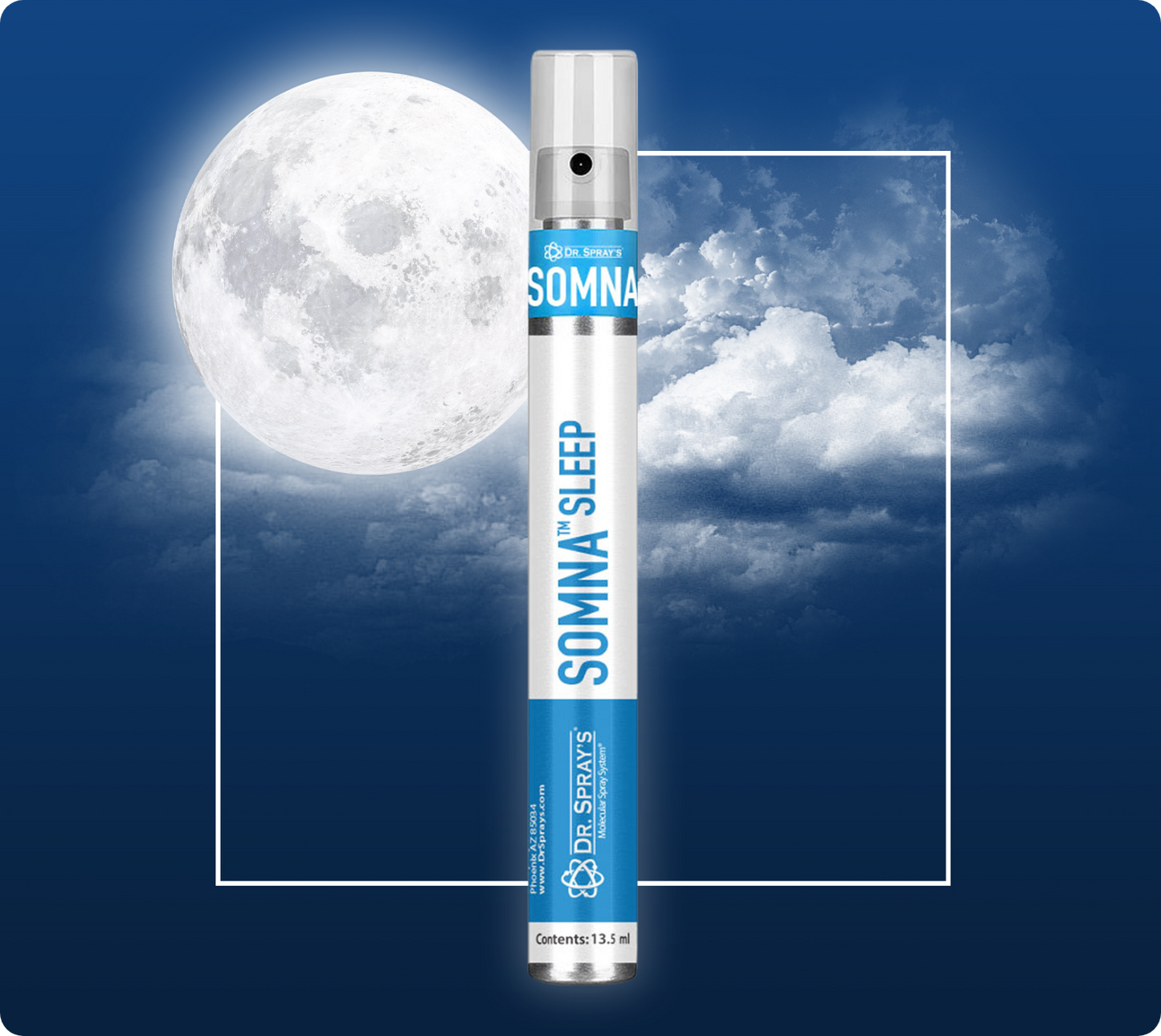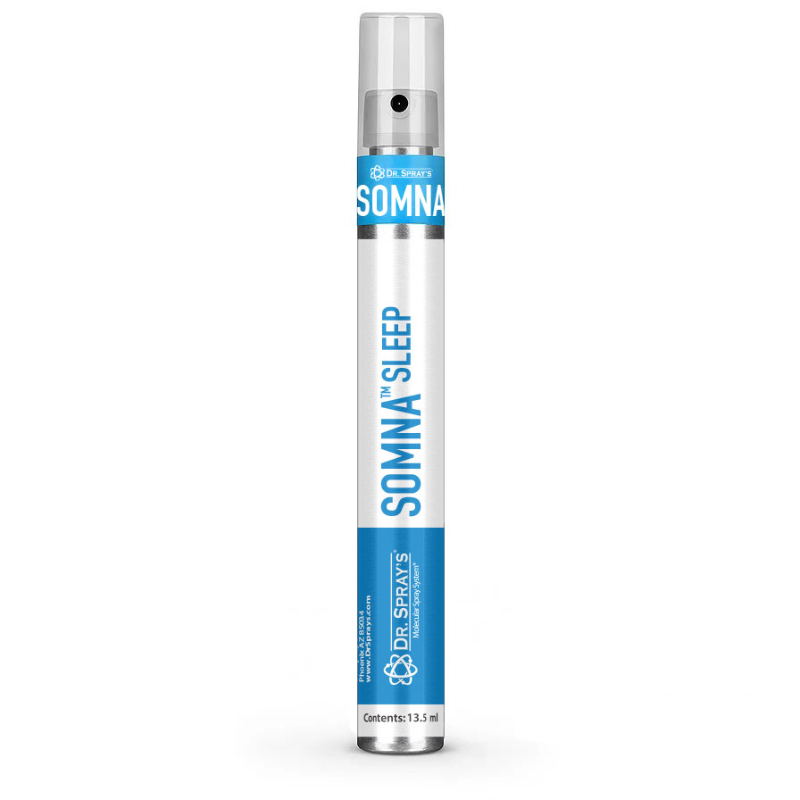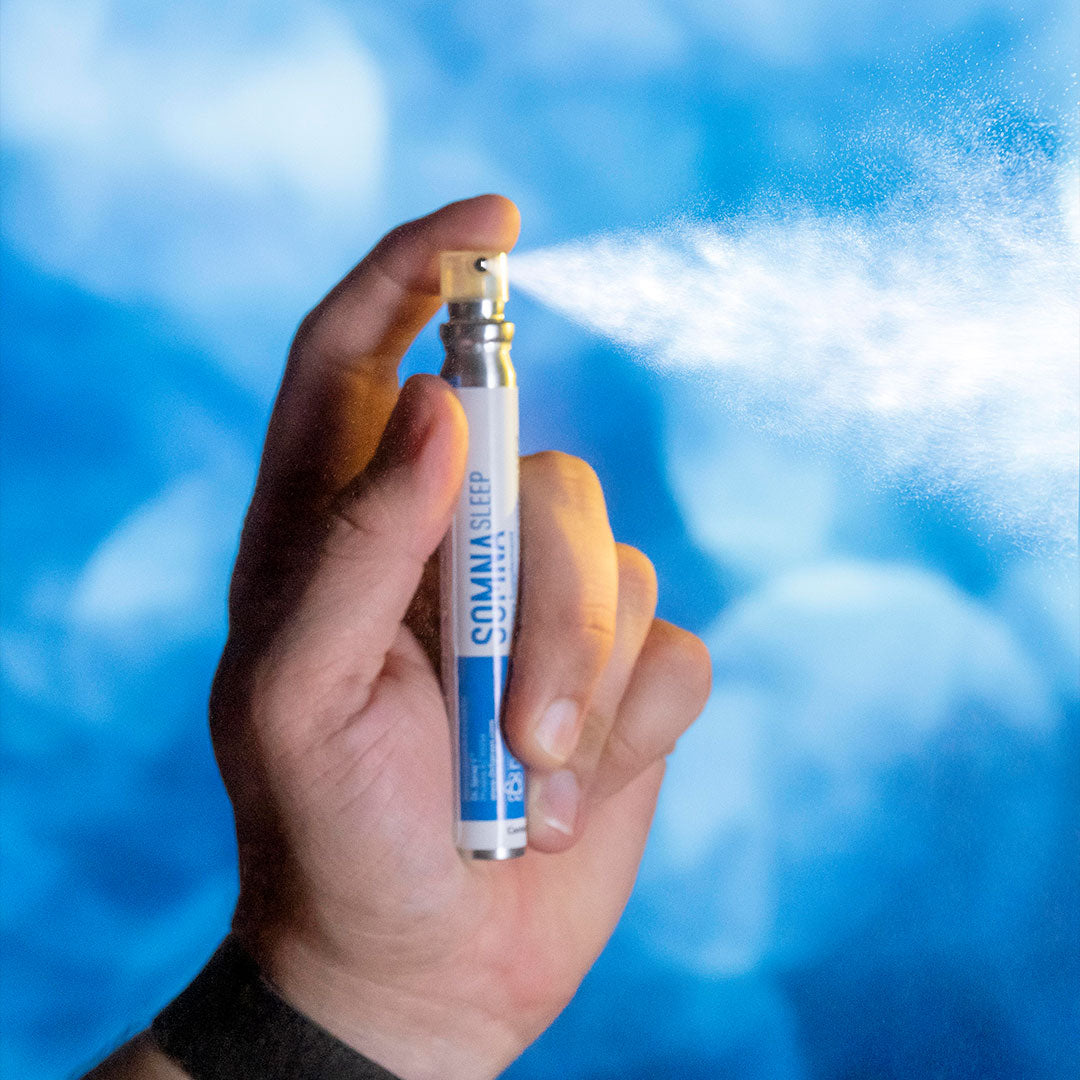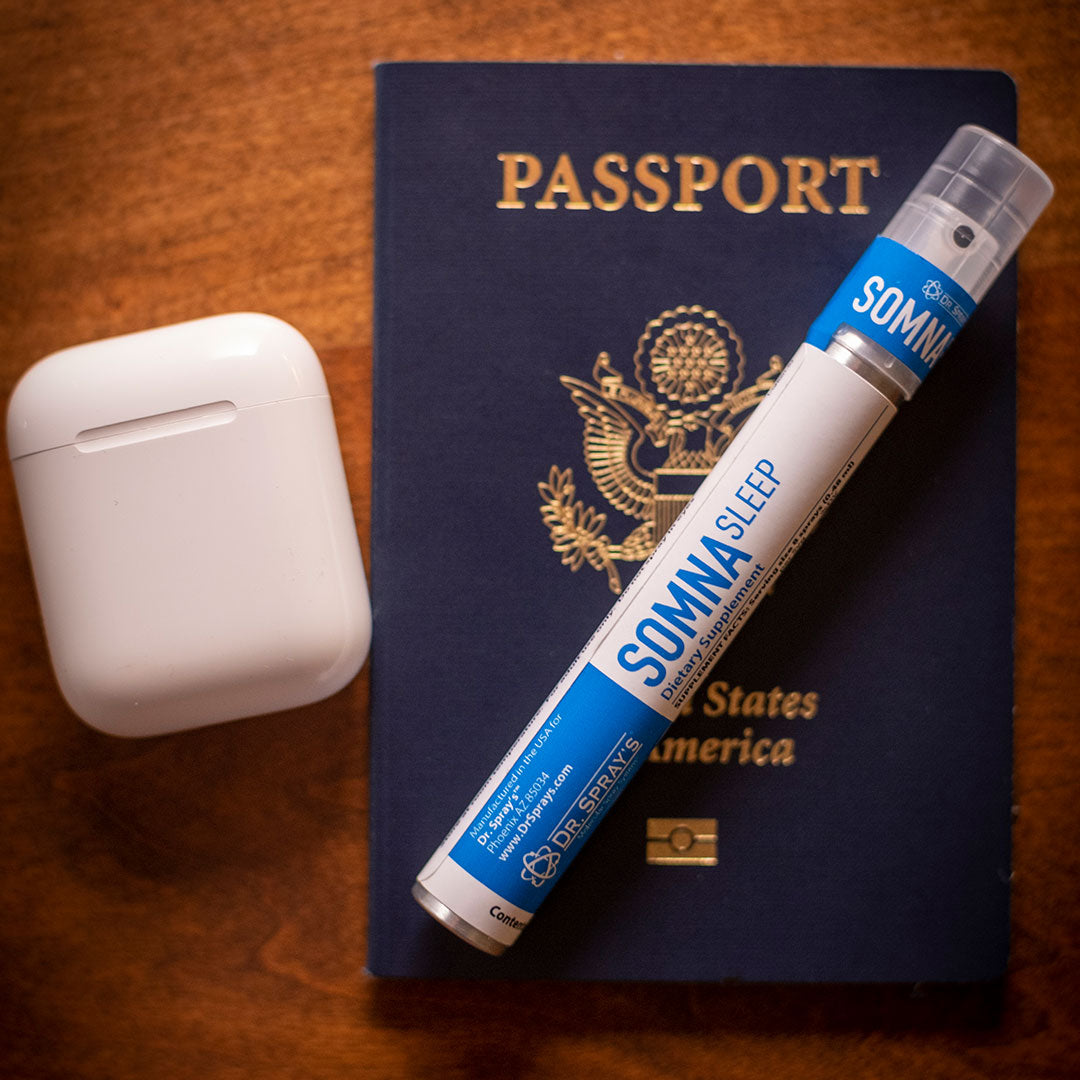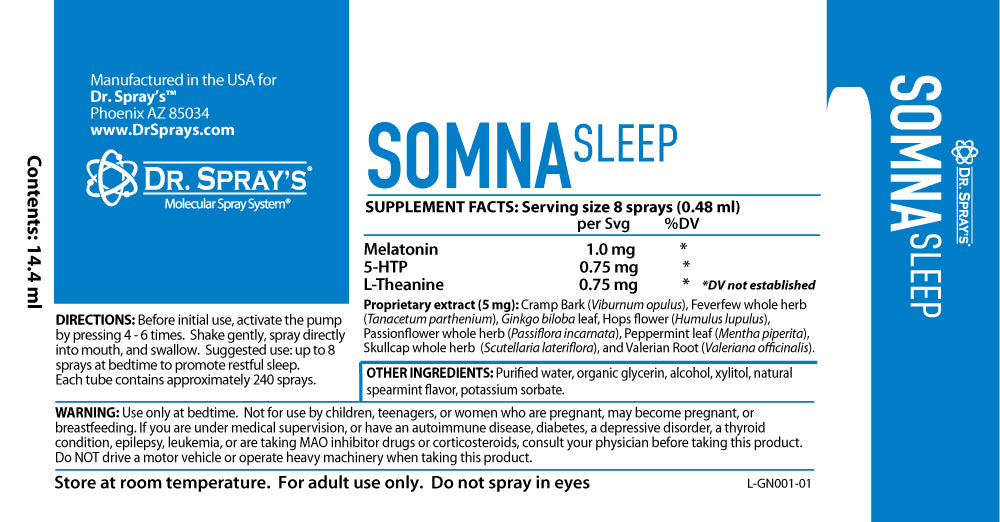If you're looking for a sleep aid over the counter, there are a few different options to choose from. Some of the most popular ones include diphenhydramine (found in Benadryl), doxylamine (found in Unisom), and melatonin.
Diphenhydramine is an antihistamine that can make you drowsy, so it's a good choice if you're struggling with allergies or insomnia. Dozylamine is also an antihistamine, but it's more sedating than diphenhydramine. Melatonin is a hormone that regulates your body's sleep-wake cycle, and taking it can help you fall asleep faster and sleep more soundly. There are also some natural sleep aids that you can try, like chamomile tea or lavender oil.
If you're not sure which sleep aid is right for you, talk to your doctor or pharmacist. They can help you figure out which one is the best option based on your health needs and preferences.
Diphenhydramine
Diphenhydramine is an antihistamine that's commonly found in allergy and cold medications, such as Benadryl. It's also a common ingredient in many over-the-counter sleep aids. Diphenhydramine works by blocking histamine, a chemical that promotes wakefulness. This can help you feel drowsy and fall asleep more easily. However, diphenhydramine can cause side effects like dry mouth, constipation, and urinary retention. It can also interact with other medications, so it's important to talk to your doctor before taking it.
Melatonin
Melatonin is a hormone that's produced by the pineal gland in the brain. It helps to regulate the body's internal clock and promote sleepiness. Melatonin supplements are often used as a natural sleep aid. They're thought to be safe and generally well-tolerated, but they can cause side effects like headache, nausea, and dizziness.
Valerian Root
Valerian root is an herbal supplement that's sometimes used as a natural treatment for insomnia. It's thought to work by increasing levels of gamma aminobutyric acid (GABA), a neurotransmitter that promotes sleepiness. Valerian root is generally well-tolerated, but it can cause side effects like headaches, upset stomach, and dizziness.
Chamomile
Chamomile is a flowering plant that's been used for centuries as a natural remedy for anxiety and insomnia. Chamomile tea is thought to be particularly effective in promoting sleep. Chamomile is generally safe and well-tolerated, but it can cause allergic reactions in some people.
Lavender
Lavender is a type of essential oil that's often used in aromatherapy to promote relaxation. It's thought to work by reducing stress and anxiety levels. Lavender oil is generally safe when used correctly, but it can cause skin irritation in some people. If you're using lavender oil, be sure to dilute it with another oil before applying it to your skin.
Which Sleep Aid Is Right for You?
If you're considering using an over-the-counter sleep aid, talk to your doctor first to see if it's safe for you. They can help you choose the best option based on your health and individual needs.


